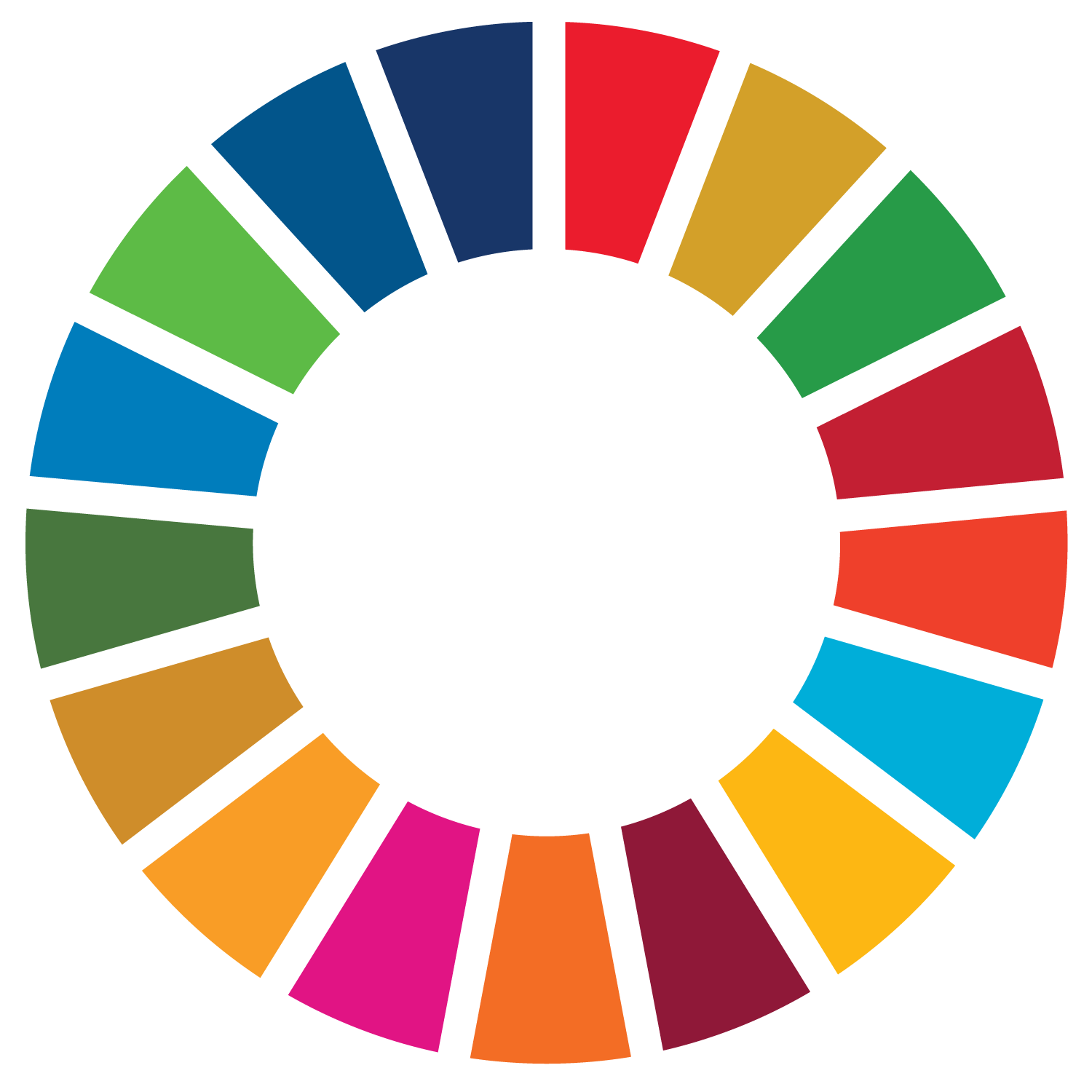© UNSPLASH
- August 26, 2025
Let’s celebrate the first World Lake Day on 27 August 2025!
In December 2024, the UN General Assembly designated August 27 as World Lake Day to raise awareness of the vital role of lake ecosystems.
Natural and artificial lakes hold more than 90% of all liquid fresh water on the planet’s surface. They significantly contribute to climate change mitigation and adaptation efforts as they cool the planet, retain floodwater and sequester carbon. However, lakes are affected by a combination of threats, including rising temperatures, biodiversity loss, unsustainable land use, and pollution from fertilizer run-off and industrial effluent.
For nearly three decades, the UNEP-DHI Centre has been supporting implementation of integrated water resources management (IWRM) approaches, including sustainable lake management, through work spanning from policy advice and project implementation to capacity building.
RELATED COURSES
Online course on Sustainable Lake Management
In collaboration with UNEP, Cap-Net, and ILEC, UNEP-DHI Centre has launched the 2025 edition of its Sustainable Lake Management (SLM) course. This online, free and self-paced course offers five modules to improve the understanding of fundamental principles of SLM and to equip participants with tools to develop, implement and refine a participatory lake recovery plan that promotes the sustainable use of lake resources.
RELATED PROJECTS
Securing crucial biodiversity, carbon and water stores in the Congo Basin Peatlands
In collaboration with UNEP and FAO, UNEP-DHI is implementing a project aimed at protecting biodiversity and key ecosystem functions related to carbon storage and water resources in the Congo Basin Peatlands, in the Lac Tele Lac Tumba landscape. The project is funded by the German International Climate Initiative (IKI).
Sustainable development in Lake Turkana and its river basins and the D’aua-Juba-Shabelle basin
Improving the scientific understanding of the hydrological regimes and ecosystem services of Lake Turkana and its river basins will inform decision making on the sustainable management of the transboundary water resources.
RELATED TOOLS
Freshwater Ecosystems Explorer
Is a web-tool which provides accurate, up-to-date, high-resolution geospatial data depicting the extent of freshwater ecosystems change over time. By helping decision-makers understand ecosystem changes, it is intended to drive action to protect and restore freshwater ecosystems and enable countries to track progress towards the achievement of Sustainable Development Goal (SDG) Target 6.6.
Share this post
UNEP DHI Partnership – Centre on Water and Environment
Agern Allé 5, 2970 Denmark
Tel: +45 45169200
